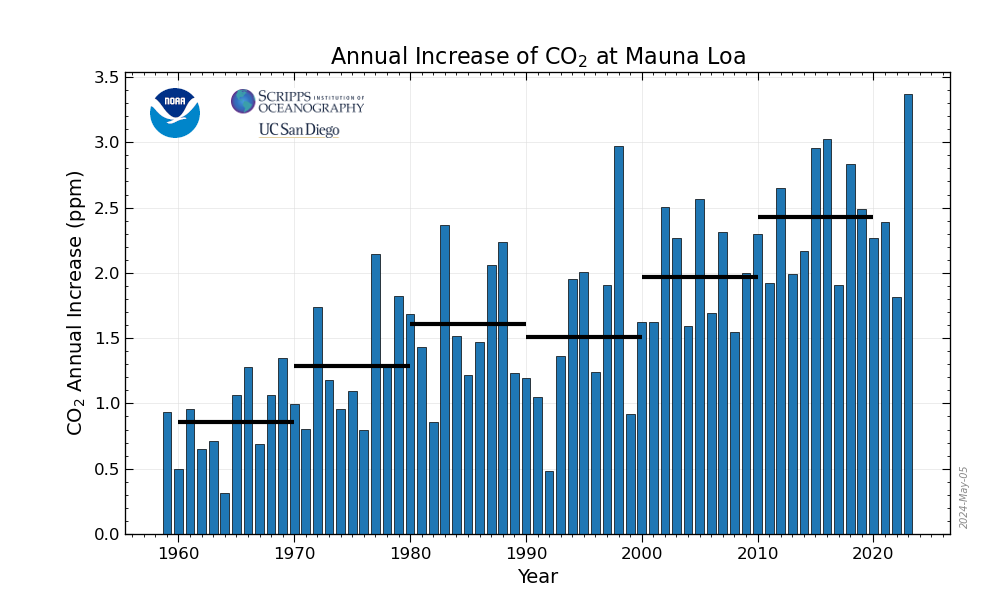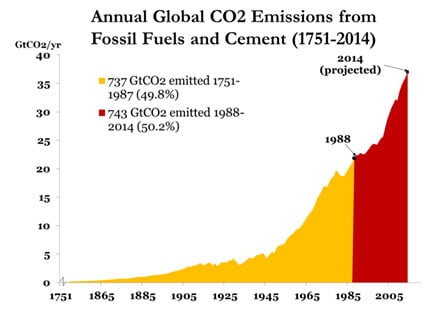NOAA response to Congressional Committee seeking its emails:“Because the confidentiality of these communications among scientists is essential to frank discourse among scientists, those documents were not provided to the Committee,” the agency said. “It is a long-standing practice in the scientific community to protect the confidentiality of deliberative scientific discussions.”
I guess this line of thinking never occurred to Shukla and those seeking RICO investigations. If mostly government funded studies are exempt from disclosure, why are private scientists and corporations also not protected in their internal deliberations? Based on Climategate, Michael Mann, Peter Glecik and Shukla’s actions, there is no reason to presume that government funded actions or studies are conducted in good faith.
JD












